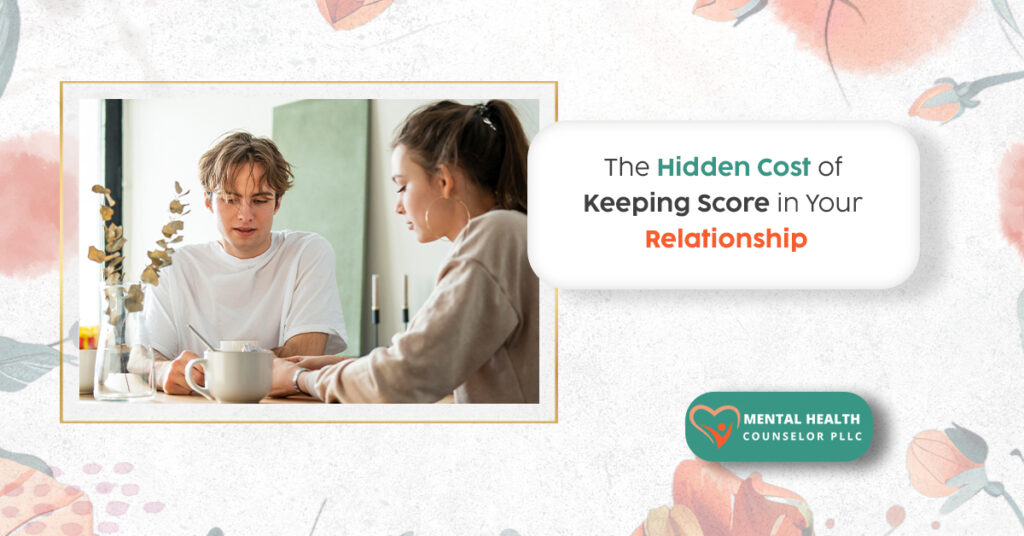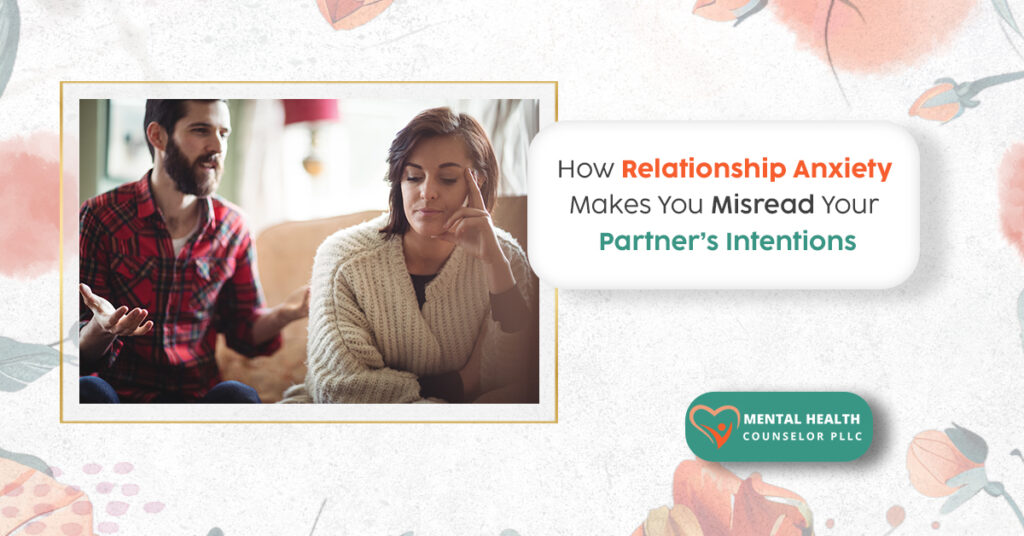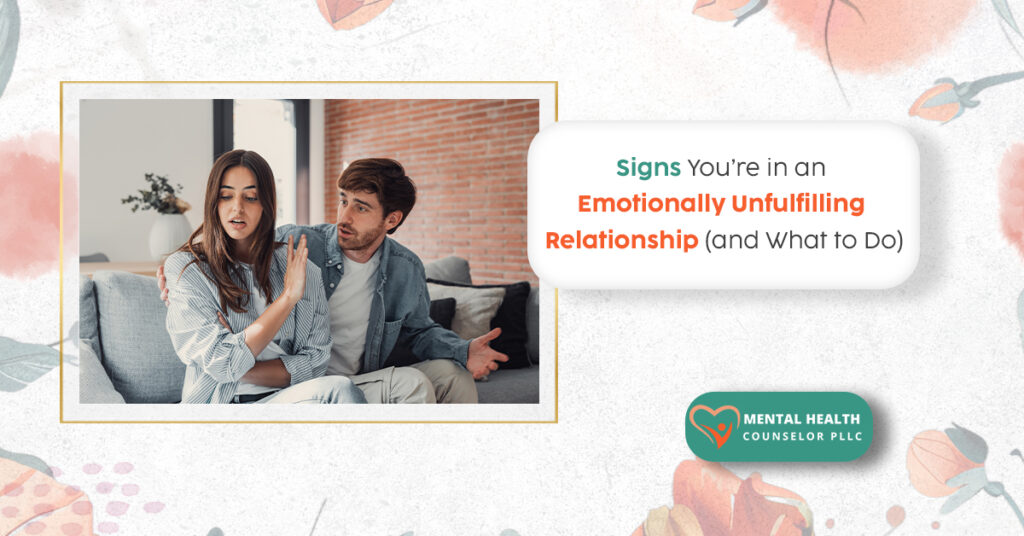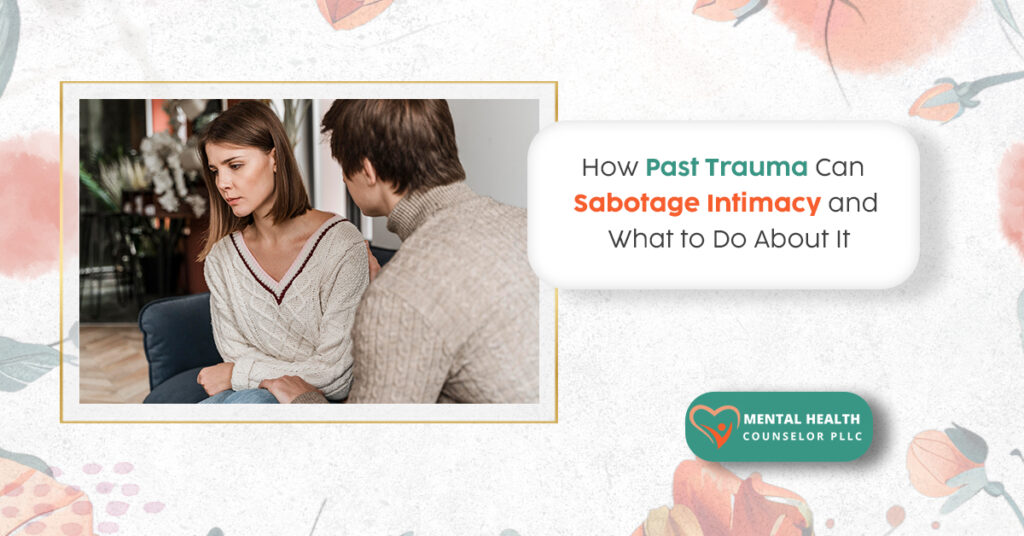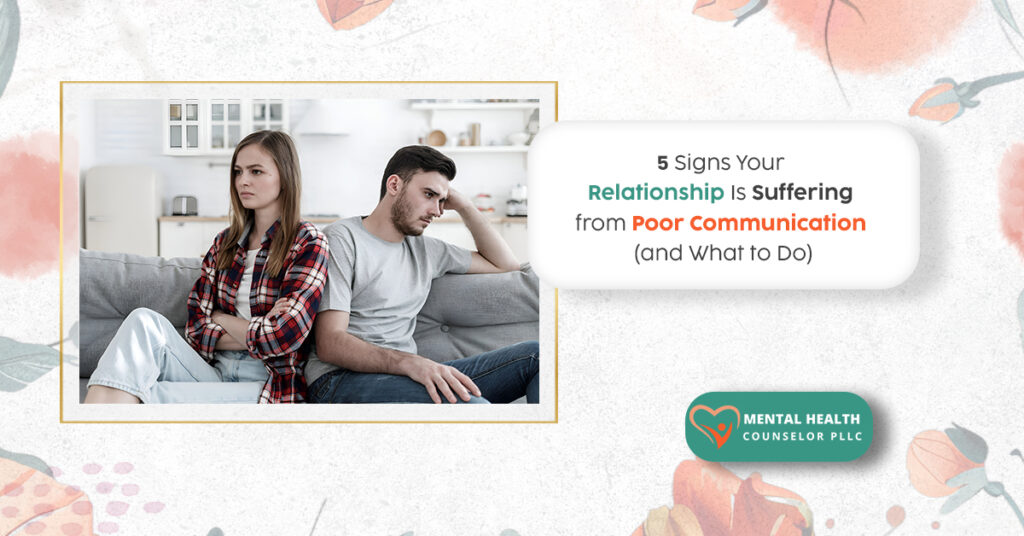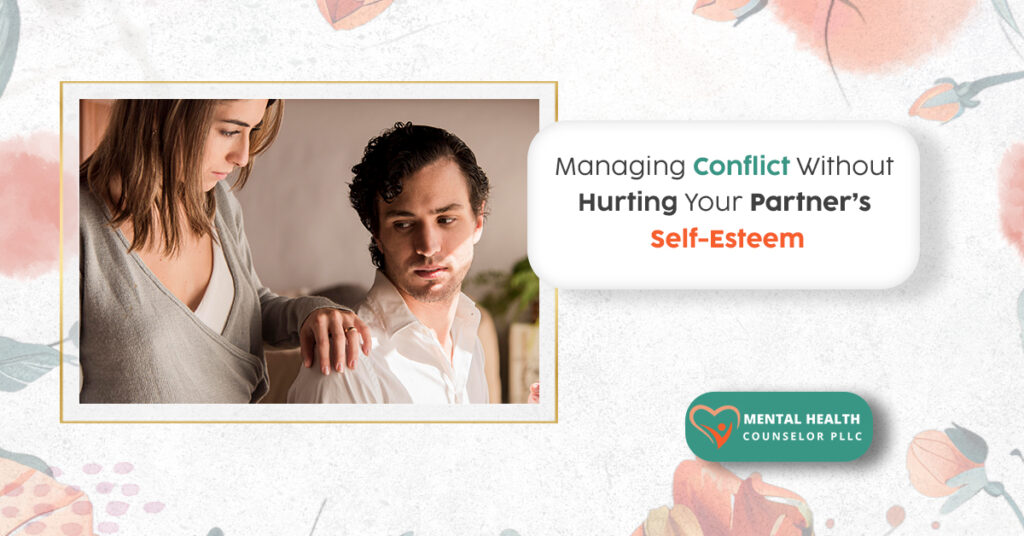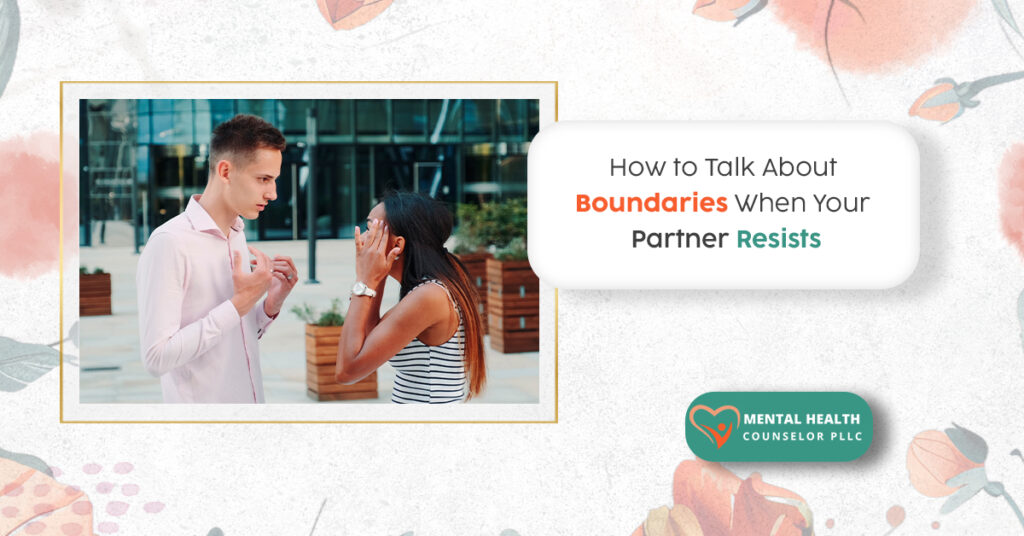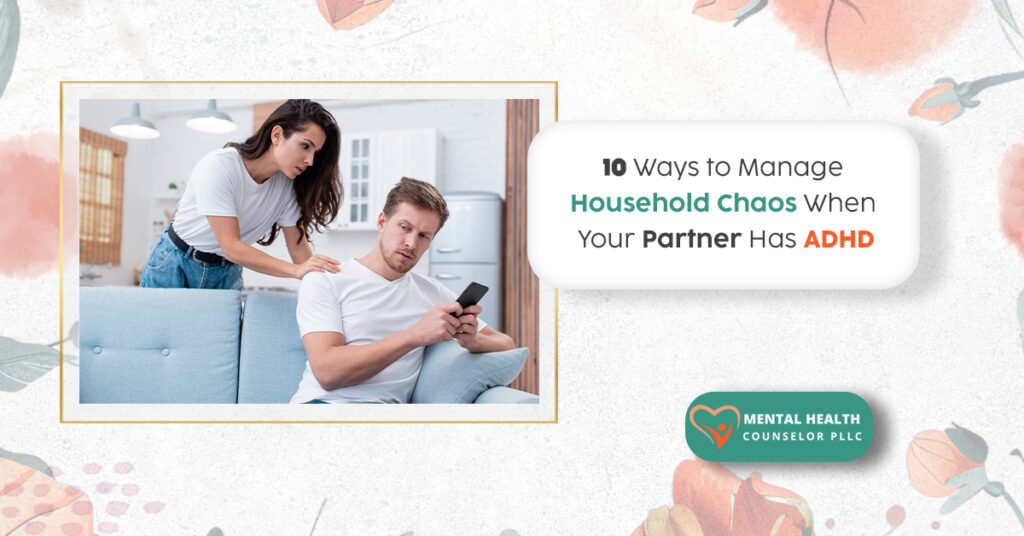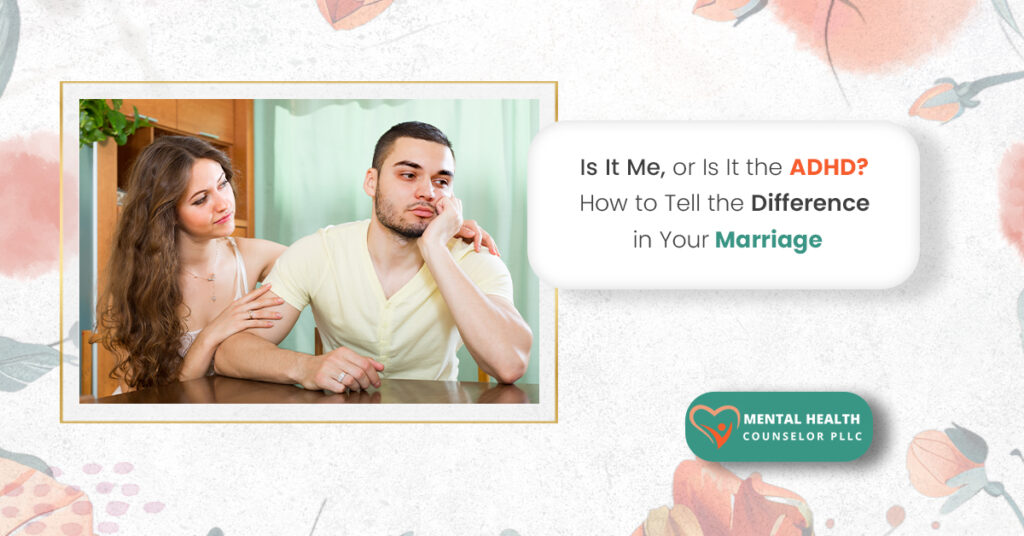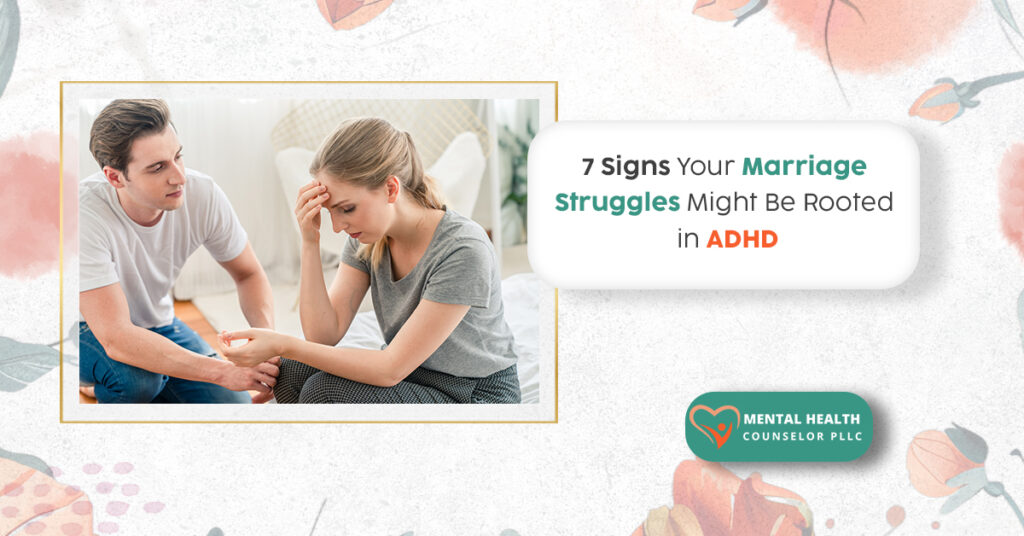The Hidden Cost of Keeping Score in Your Relationship
There’s a moment that happens in relationships when you catch yourself counting. The effort you put in versus what comes back.The adjustments you make that seem to go unnoticed. The compromises that feel one-sided.It starts small. But over time, this mental accounting becomes something heavier.Little do most couples know that keeping a score can deteriorate the foundation you are trying to build together. What Scorekeeping Really Looks Like One way to recognize scorekeeping is the tendency to say, “I did this, so you owe me that.” However, scorekeeping is also much more nuanced. Some other common indicators are: It is unhealthy to view a relationship in this way.In the event that you have observed these patterns becoming more pronounced, then you may also be facing relationship anxiety that distorts your interpretation of your partners behavior. The Psychology Behind the Scorecard From a psychological standpoint, scorekeeping usually results from unspoken needs and stagnant communication.Feeling not appreciated or not recognized, we begin gathering evidence to demonstrate the validity of our feelings. This is what we term a defense mechanism.Cognitive behavioral therapy explains that this kind of thinking results in what is termed “confirmation bias.”Once you start keeping score, you’ll find evidence that supports your narrative while overlooking everything your partner does.The net effect is you are building a case against the very person you love, and they probably don’t even realize they are being put on trial. Why It’s Damaging Your Connection The main damage from scorekeeping is that it creates emotional distance. Instead of being a united team, you become opposing team members.This is where the warmth and generosity of relationships are replaced with calculation and resentment. In relationship psychology, maintaining a certain positive perspective, instead of focusing on the negative aspects, is associated with higher satisfaction and bonds.When scorekeeping becomes chronic, it can leave you feeling like you’rein an emotionally unfulfilling relationship, even when the foundation is still salvageable. Moving From Scorekeeping to Partnership It is certainly possible to break the scorekeeping habit, and it starts with understanding your own expectations. Are they realistic? Have you clearly communicated them?Practice what it taught to be “generous interpretation.”Instead of jumping to a negative conclusion when your partner falls short, assume positive intention, and remember they are just as human as you are; they are not trying to disappoint you.Shift your focus from accounting to appreciation.Be grateful for the small things your partner does. It is about looking for the positives. It is about appreciating the small things and focusing on the abundance.The truth about relationships is they are not always 50/50. Sometimes they are 70/30 or 90/10. What matters is that both people are willing to give their 100 without keeping track of things. Creating a New Dynamic Instead of using blame as a tactic to get your partner to complete their part of the work, try using an “I feel” statement to express your feelings. “I feel overwhelmed with household tasks” is usually a better response than “You never help around the house” because it doesn’t contain blame.Remember the positive characteristics of your partner that made you choose them as a partner.If you approach talking with this person with love instead of a ledger, your whole approach will change. What Comes Next You also do not have to do this work by yourself. At Mental Health Counselor PLLC, the therapists assist couples to reconnect, to have healthy communication in a relationship and to break the unhealthy patterns of relationships.In case you wish to move your relationship in a good direction, we can support you.So, whether it is passive-aggressiveness, communication difficulty or you just want to have a better relationship, we can assist you.We assist couples in dealing with their unhealthy relationship patterns.You can begin to create the relationship you want by simply scheduling an appointment with us. FAQs Is it okay to have a discussion about who does what in a relationship? Absolutely! Responsible discussions about the division of tasks and duties are very much encouraged.But the difference is truly collaborative discussions versus keeping score and using your score to argue with someone. How do I stop scorekeeping if I’m doing most of the work? It’s often most effective to begin with open communication about what you need. If these conversations take place but the imbalance continues, that becomes a different issue that may require couples therapy. Can a relationship recover from scorekeeping patterns? Definitely. With awareness and communication, and sometimes with support from professionals, couples can move away from transactional thinking to true partnership.
The Hidden Cost of Keeping Score in Your Relationship Read More »

